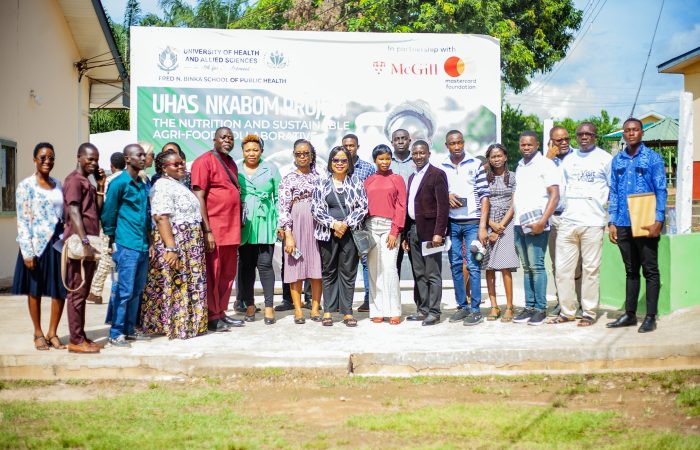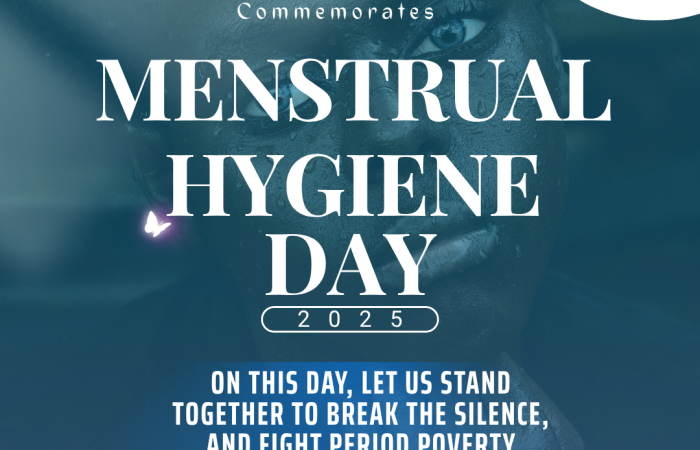African governments, including Ghana, acknowledge that women’s equal participation is critical to building democracy and promoting social progress.
This acknowledgment is evidenced by their acceptance of various protocols, conventions, and legal frameworks, including the Sustainable Development Goals.
However, the challenge remains that many leaders have delayed the development and implementation of national plans towards achieving the goal of women’s equal representation and participation in decision making processes.
The failure to do so and many others were the reasons behind the adoption of
the Solemn Declaration on Gender Equality, and the Protocol on Women’s Rights by the
African Union to push countries into action.
A common feature of these treaties and protocols is that gender equality and women’s empowerment is fundamental to development, democracy, and peace.
These treaties and protocols also underscore the need to use temporary measures like affirmative action to achieve these laudable goals.
Thus, these goals can only be achieved through consciously outlined strategies of which
Affirmative Action presents itself as a guaranteed option.
Affirmative action is a set of measures adopted by governments, public and private
institutions such as political parties, educational establishments, corporations and
companies to address a history of systemic discrimination and exclusion of particular
social groups or to encourage the efforts of particular social groups in the interests of
certain development goals.
Affirmative action is expected to improve development indicators by reducing inequalities and facilitating the contribution of particular social groups to develop. It is about fairness and equality but not preferential treatment.
In Ghana, Affirmative Action has been employed since independence to address gender
and regional imbalances in access to education, health, work, and politics. Ghana in 1960,
legislated an Affirmative Action Act that brought in ten (10) women to represent the
regions.
In 1998, an Affirmative Action Guidelines were passed by the then Cabinet of President Jerry John Rawlings stipulating that:
i. Government to appoint a Committee on Affirmative Action to monitor
implementation of the Affirmative Action Policy.
ii. More women to be appointed onto all appropriate Advisory Bodies.
iii. National Target: Achieve at least 40% representation on all bodies.
iv. The 1998 Affirmative Action Guidelines also required that:
v. Electoral Commission encourage all political parties to put up more women as
parliamentary candidates to pave the way for the 40%
vi. District Assemblies – 30% out of the 30% appointees to be allotted to women
vii. Education – Universities to introduce gender courses, increase female halls of
residence, and science clinics for girls.
While these acts, directives and guidelines have had some successes, particularly in improving the male female ratios in primary education, it has been less effective for
improving women’s representation and participation in politics and public life.
The reason being that, these measures and guidelines are centered on the existing political regime and so a change in government inadvertently means a nullification of such acts and
policies.
On the other hand, the legal legislation of such Affirmative Actions into Law makes it binding on successive governments to implement them, and the aim of increasing
women’s representation and participation in decision-making spaces would be achieved.
Ghana has been working on developing an Affirmative Action Law (AA Law) for over seven
years. The Bill seeks to reverse the discrimination of the marginalised groups (women)
and the subsequent adverse effects on sustainable development.
It provides a framework to help eliminate discrimination on the basis that each citizen shares the equal rights to self-development and that women with equal abilities should have equal opportunities regardless of gender under Article 17 of the 1992 Constitution.
The AA Law is to promote the full and active participation of women in public life by providing for a more equitable system of representation in electoral politics and governance in accordance with the Republic of Ghana’s international and constitutional obligations and national development aspirations.
In June 2016, the Final draft of the Bill received Cabinet’s ascent and tabled before Parliament.
Failure to pass the Bill which was at the consideration statement that, work had to start from the beginning with the new government.
Currently, the Bill has been finalized and with Cabinet. Although successive governments have shown some level of commitment and dedication to the passage of the Bill, the pace for the passage of the Bill is rather slow.
Representation of women in government in Ghana’s Legislature, Local Government and
other public service spaces do not reach the UN recommended minimum threshold of
30% and the African Union’s threshold of 40%.
Currently, women’s representation in Ghana’s Parliament stands at 14.5% and women’s representation in Ghana’s Local Governance system stands below 5%.
In spite of this low representation, some African countries have made significant progress
in terms of women’s representation in public offices. Examples include Mozambique
(32.8%), Uganda (32%), Tanzania (31%) and South Africa (30%).
All these countries have attained these significant women’s representation through some form of Affirmative Action.
Some of these African countries gained independence much later than Ghana. However,
they have made significant progress in increasing women’s representation and
participation in decision making spaces through Affirmative Action mechanisms.
An Affirmative Action Law therefore presents itself as the guaranteed way to increasing
women’s representation in decision making spaces such as Parliament, District
Assemblies, Ministerial and Ambassadorial appointments and other areas of governance
in Ghana.
The time is therefore overdue for Ghana to pass its own Affirmative Action Law, that
promotes women’s effective participation and representation in all decision-making
spaces.
ABANTU for Development with support from PLAN International is implementing a project, “Increasing Advocacy for the Passage of Ghana’s Affirmative Action Bill into Law”.
The aim of the project is to increase education on the Affirmative Action Bill and engage with key stakeholders including the sector ministry, the Ministry of Gender, Children and Social Protection (MoGCSP), Parliament, the National Commission for Civic Education (NCCE), the Ministry of Local Government and Rural Development, District Assemblies, the youth and the entire citizenry to gather support for the passage of Ghana’s Affirmative Action Bill into Law, within the shortest possible time.
As the former Honourable Speaker of Parliament, Professor Mike Ocquaye, has said,
Affirmative Action is an instrument of social engineering to cater for some wrong done
by the society that needs to be corrected.
It is the essence of law-making; the law is an instrument of mischief correction.
We are therefore calling on all key stakeholders to expedite processes towards the passage of Ghana’s Affirmative Action Bill into Law.
CREDIT: NewsGhana


